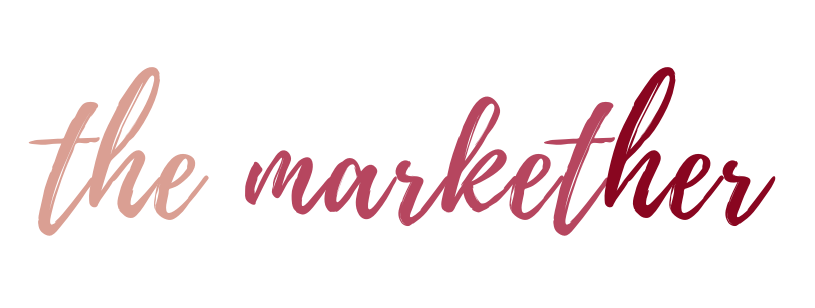We’re back with another post in our Founder Feature series—a way to highlight badass, inspiring women who’ve founded their own companies and nonprofits. (Side note: We also feature those who are looking for their next professional opportunity and those who are pursuing really cool creative work—send us a note if you’re interested in being profiled!).
This week, I’m excited to introduce the amazing Dre Thomas, who founded Smile On Me. Since its inception in 2017, the company has championed girls’ rights to live safe and healthy lives. Its mission: to adequately prepare girls for puberty and provide a space for them to be authentic and discover something new.
Smile On Me celebrates girls, empowering them during one of the most pivotal times in their lives. Research shows that a large number of girls report feeling ill-prepared for menstruation and for changes occurring in their bodies—and girls from low-income communities in the U.S. in particular report negative experiences with this transition. That’s where Smile On Me comes in.
By providing girls with feminine hygiene products (the cost of which can be as high as $100 annually, competing with other personal care essentials), Smile On Me is not only preparing girls for puberty, but also giving them the opportunity to build a healthy foundation for sexual and reproductive health, setting the stage for girls’ relationships with their bodies for years to come. Through healthy environments that allow peer-to-peer interaction, Smile On Me encourages girls to embrace their strengths and celebrate their differences, helping to improve self-esteem and body image in a safe environment in which girls feel heard and valued.
You can read more about Dre’s story here.
Dre Thomas, Founder of Smile On Me
Name: Dre Thomas
Hometown: Los Angeles, CA
Currently based in: New York
Describe yourself in three(ish) words: Creative, generous, and people-oriented
I feel inspired when: I’m working to solve a problem and improve lives.
Outside of work you’ll find me: At home.
What led you to start Smile On Me? Can you tell us a bit about the origin story and how it’s evolved since its formation in 2017?
When I was 16 years old, after chatting with her mom at the dinner table, I had an idea to work with young girls in my community in Los Angeles to provide them with hygiene products and create a space where they could be authentic and discover something new. Growing up in a single-parent household, I experienced having limited access to menstrual hygiene products and menstrual hygiene education.
After nearly a decade of working with young people through various non-profit organizations, I realized that my experiences weren’t unique—that girls in communities similar to mine also lacked access to these necessities. In 2011, I was given an opportunity to move to New York and work with inner-city youth. I discovered that these same problems didn’t stop in Los Angeles, but were common throughout New York and the country. And so in 2017, I decided to launch Smile On Me. (You can learn more about the timeline of the company and its offerings here.)
There are so many cool offerings: Homeroom, the first-ever Wellness Summer Camp for BIPOC girls, etc. How do you envision things evolving in the next year?
I’m hoping we can easily move back into IRL events. The heartbeat of Smile On Me is gathering girls to meet in person and creating lifelong friendships. It’s been great getting to create this online community, but I’m hoping we can soon have both. We are starting to plan our Wellness Summer Camp and I’m so excited. We’ve polled our girls to see what activities they’d like to experience and started reaching out to brands for potential partnerships.
In what way(s) does your work empower women?
Smile On Me empowers women by empowering girls to take charge of their lives.
What’s one super memorable piece of advice you got when spinning up your own business? Any mantras in particular that have stuck with you?
The best (and most memorable) piece of advice I’ve received: If you stay ready, you won’t have to get ready. I often turn back to this in times of confusion or doubt. Staying ready for me is keeping my ear to the ground, listening to people around me, and understanding the need before I take action.
For people looking to get involved in supporting Smile On Me, what are the best next steps? How can they donate?
People can learn more on the Smile On Me website and Instagram, and can donate here.



